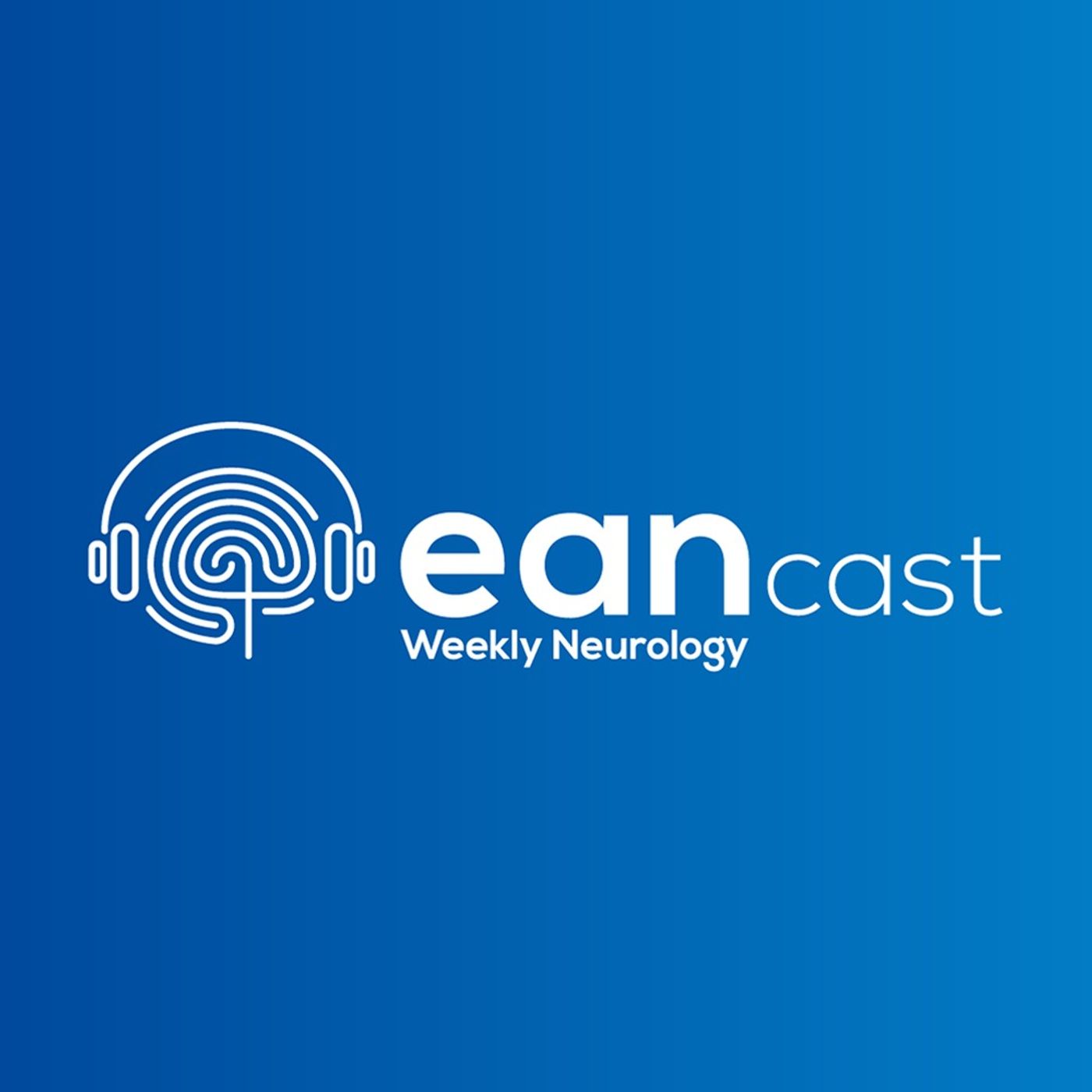
Ep. 182: Small Fibre Neuropathy
Moderator: Caterina Leone (Rome, Italy)
Guest: Andrea Truini (Rome, Italy)
In this episode, Caterina Leone speaks with Andrea Truini about small fibre neuropathy, a frequently under-recognised condition with a significant impact on patients’ quality of life. They discuss key clinical features, including neuropathic pain and autonomic symptoms, and explain why routine nerve conduction studies are often normal. The conversation highlights the role and limitations of skin biopsy and functional testing, the importance of identifying underlying causes, and practical approaches to diagnosis and management with realistic treatment expectations.